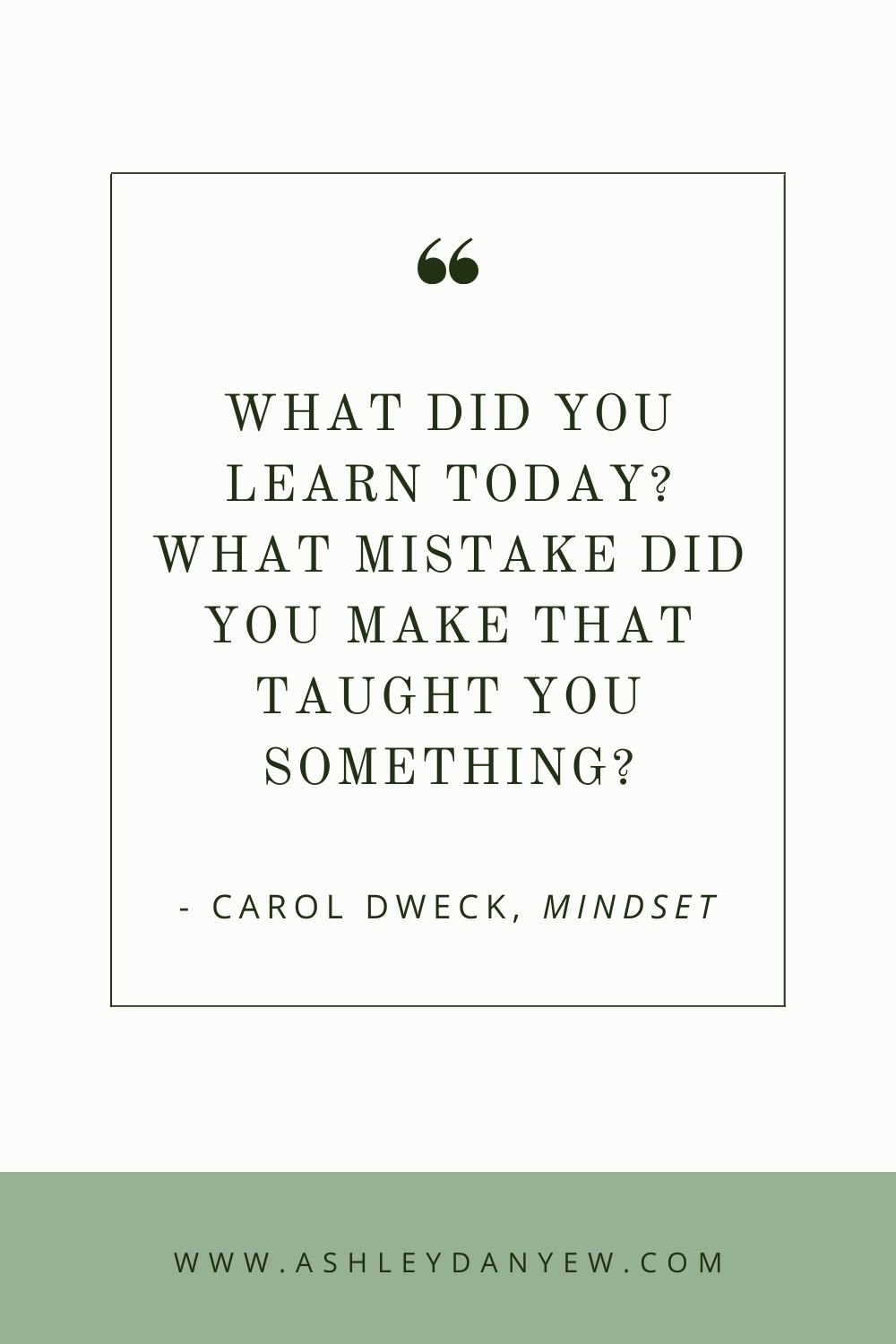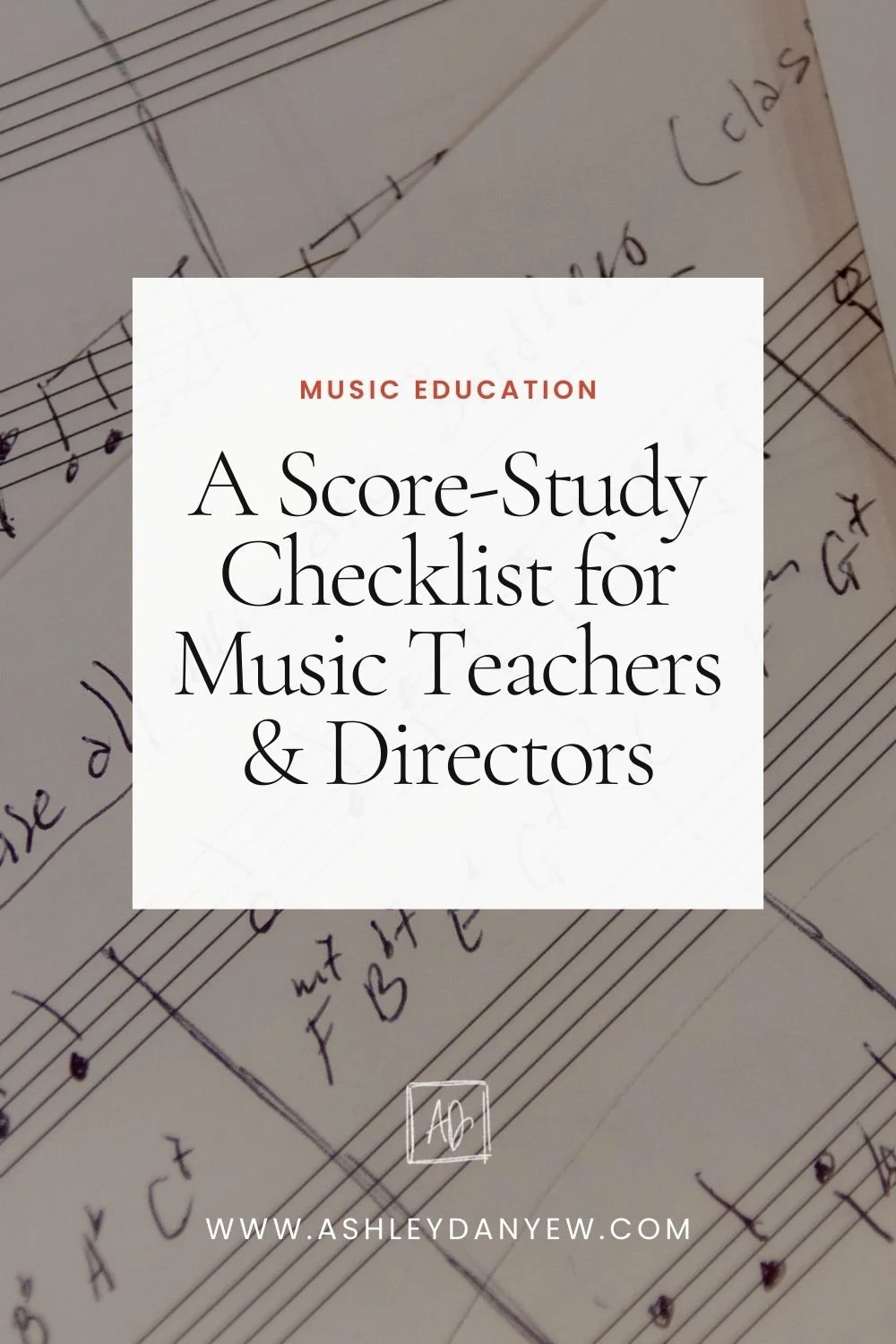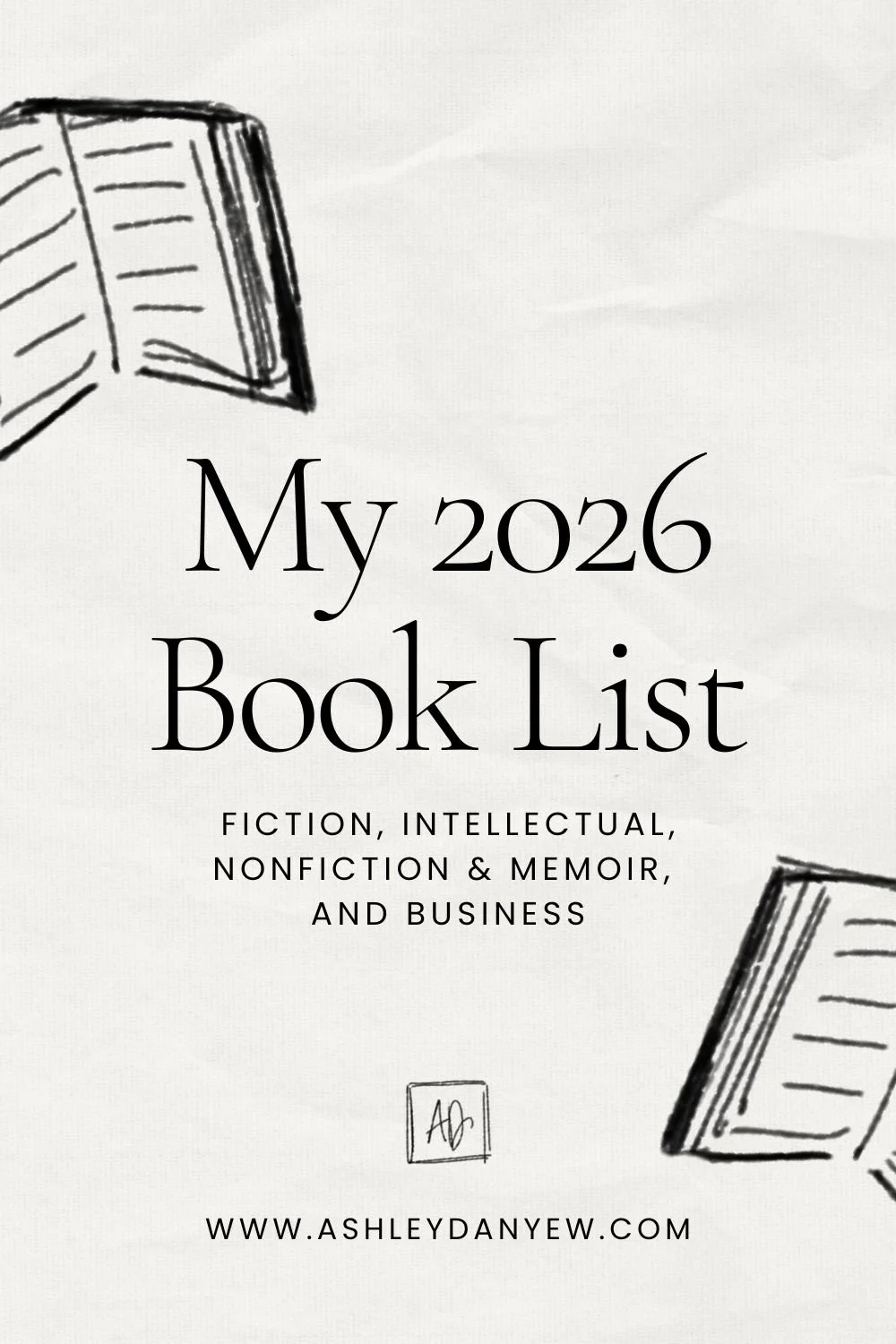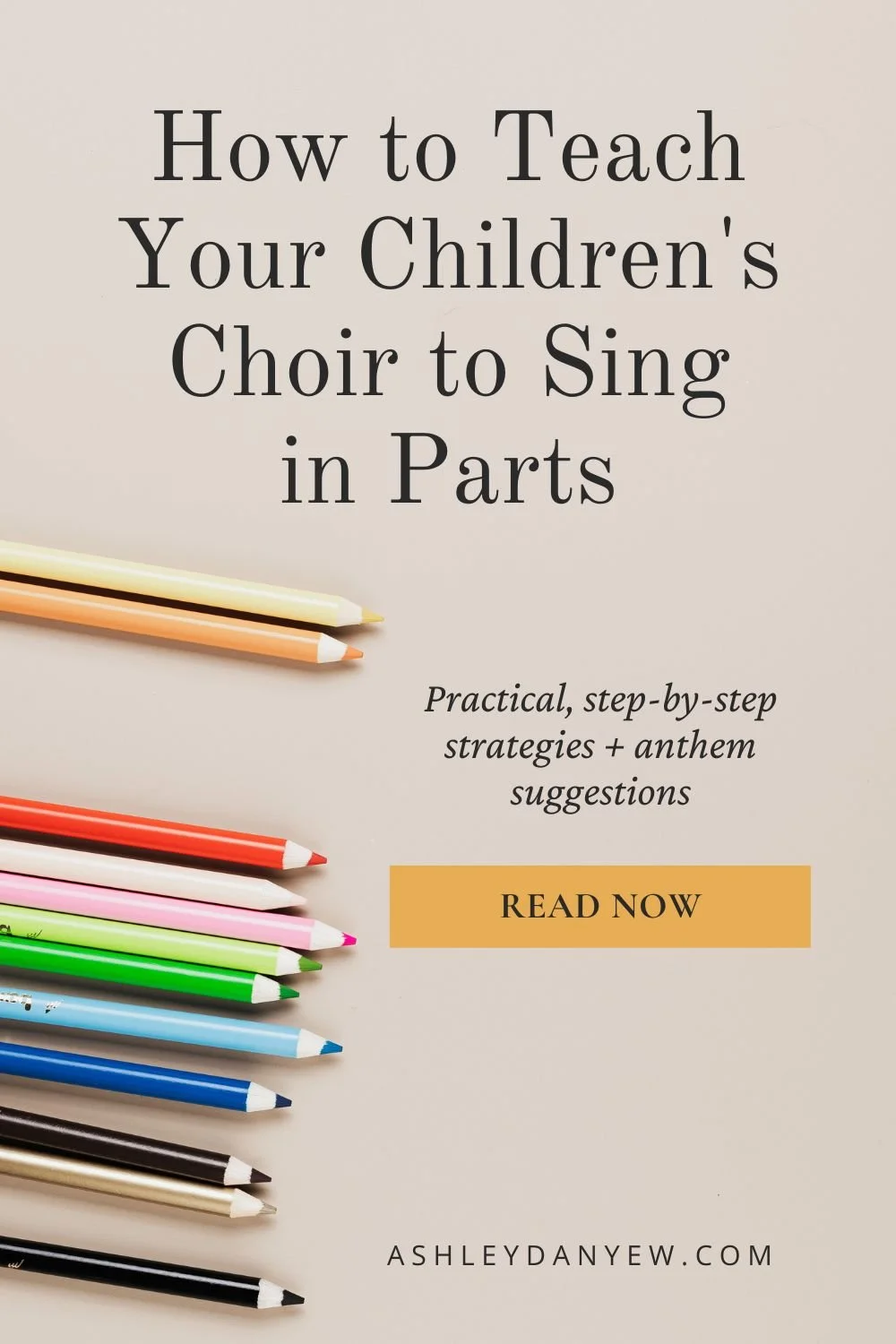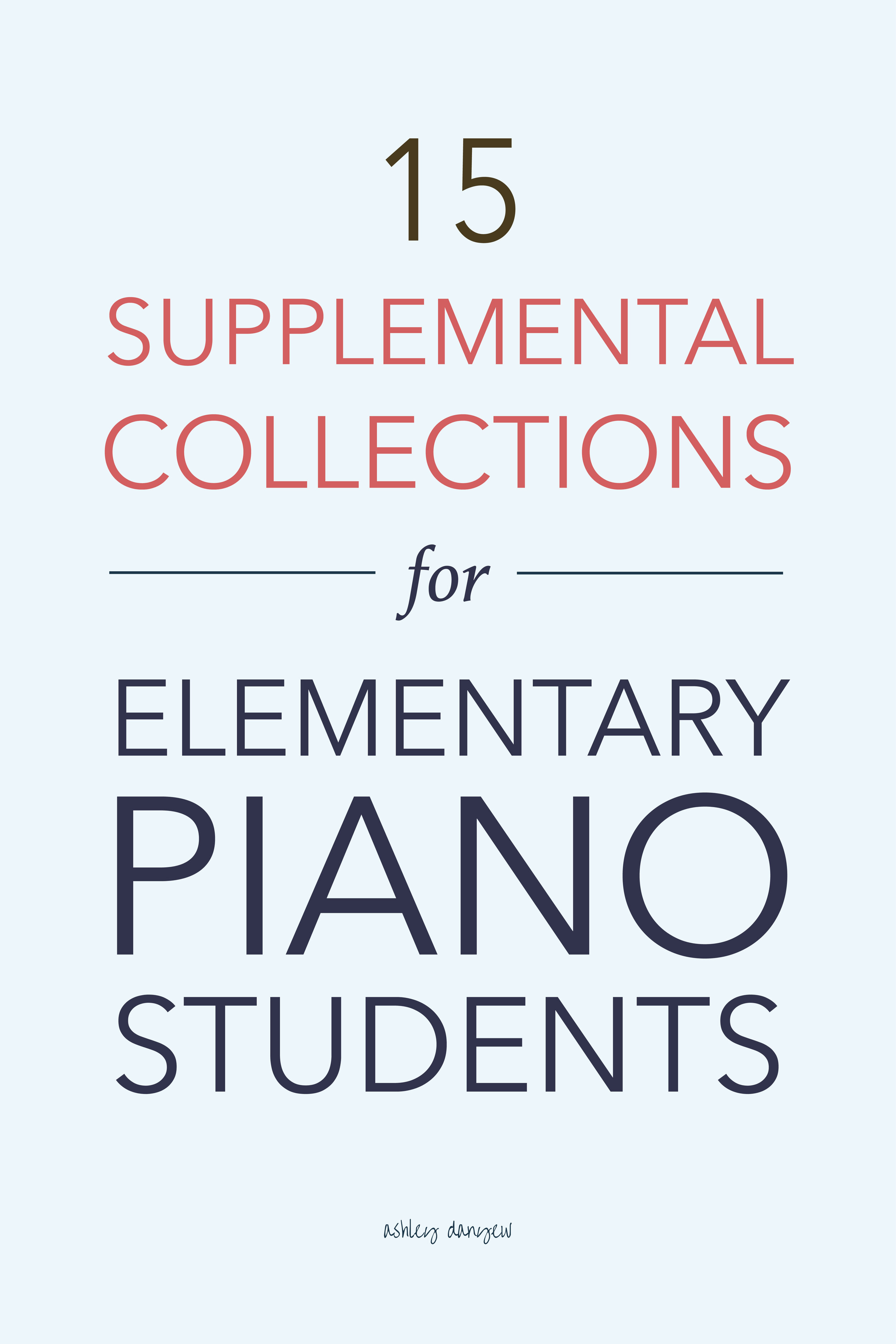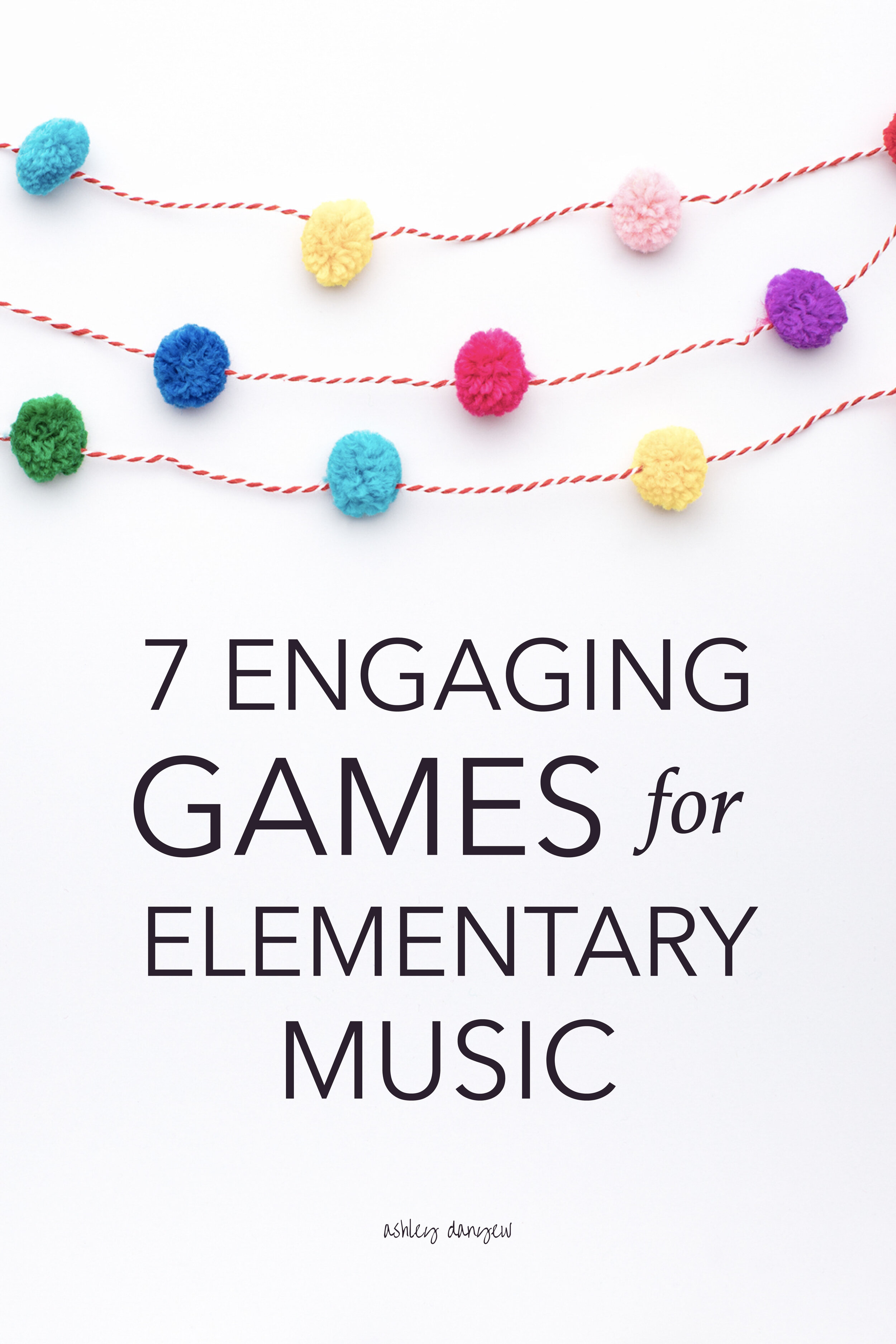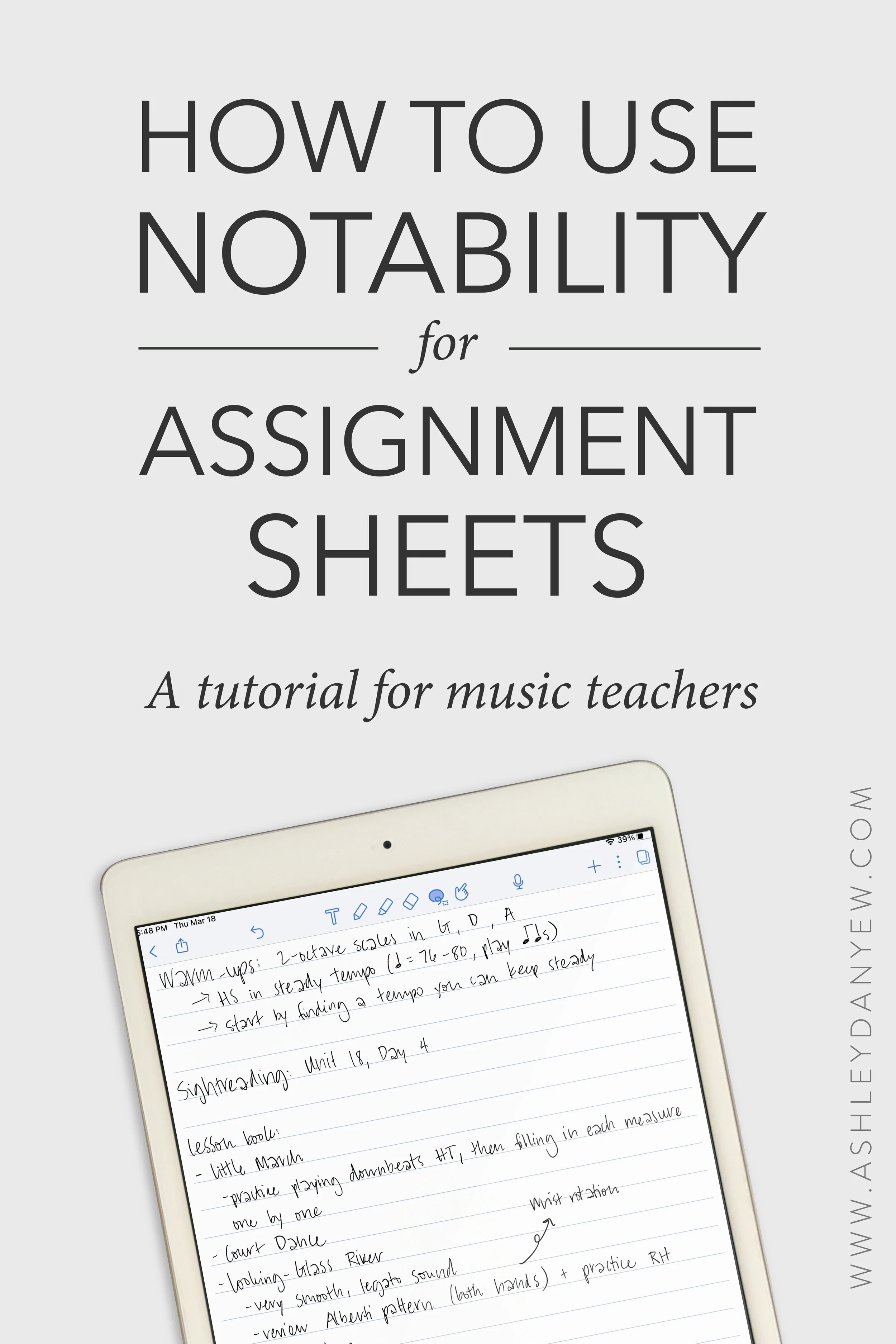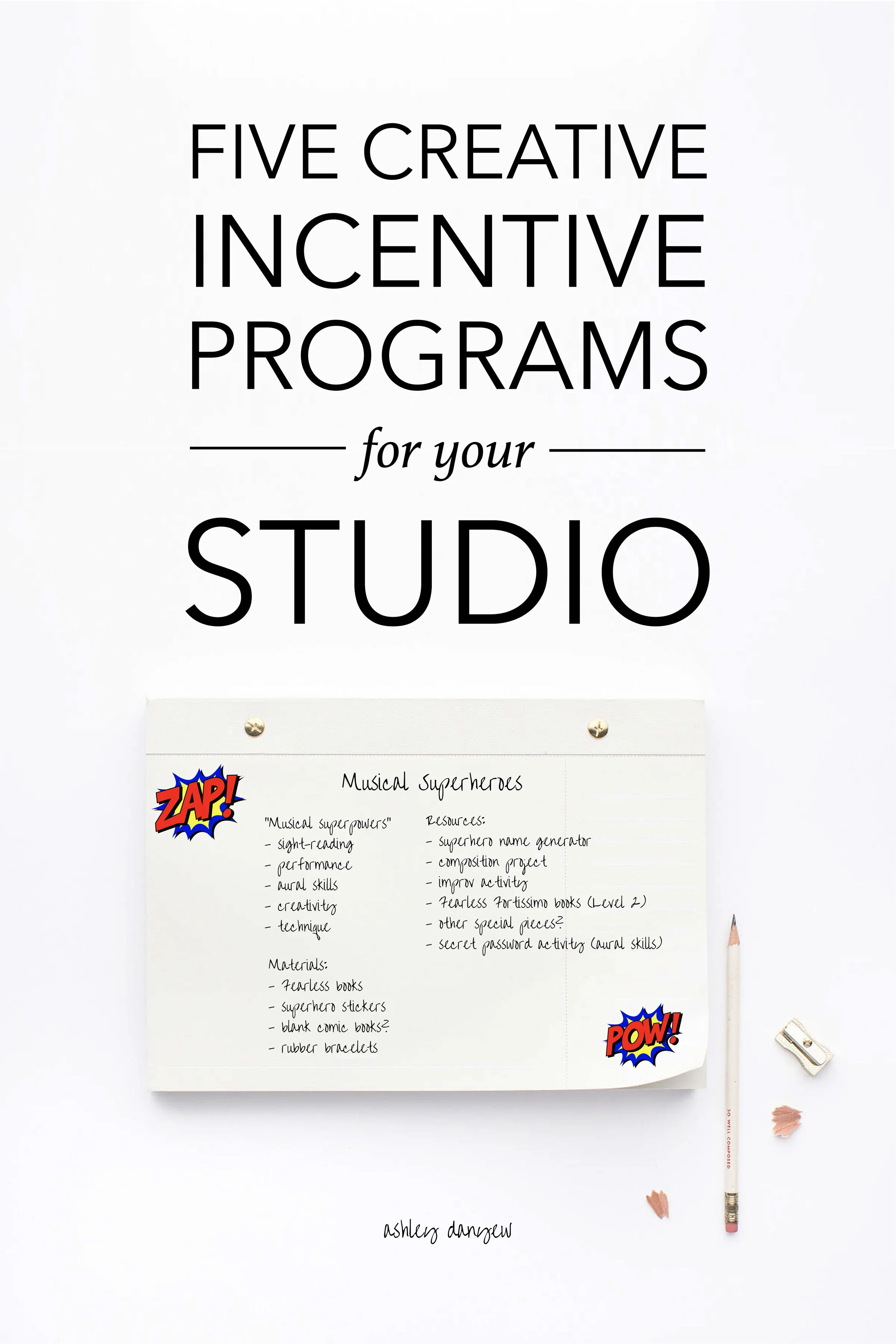I first heard about this book from one of my grad school professors.
We were sitting around a long table one snowy January evening at our annual dinner for current and prospective doctoral students. I asked my professor about books he was reading lately and he named several including Malcolm Gladwell's Outliers and Carol Dweck's Mindset.
It's been on my list since then (let's just say it's been a few years), but I finally read it last year.
I should preface this by saying that I was already familiar with Dweck's research, having read several of her articles on mindset theory for research projects when I was a student, so the concepts she outlined in the book weren't new to me.
I have to admit that I got a little bogged down in the middle of the book and had to put it away for a while, but I pulled it back out after a few months and finally finished it.
Today, I want to share my four biggest takeaways from Mindset: The New Psychology of Success to give you an idea of what it's about and how we can learn from it as musicians, teachers, and leaders.
Four Things I Learned From Carol Dweck's Mindset
*Disclosure: I get commissions for purchases made through links in this post.
1. It's not a dichotomy, it's a continuum.
So often, we see article headlines that read "Fixed vs. Growth Mindset," as if they are two separate and distinct worlds. You are either one or the other. We’re also inclined to think that mindset is outside of our control; it’s something we’re born with and we can’t change it.
Even at the beginning of Dweck's book, we read statements like the following:
"Believing that your qualities are carved in stone—the fixed mindset—creates an urgency to prove yourself over and over. . . .Every situation calls for a confirmation of their intelligence, personality, or character. Every situation is evaluated: Will I succeed or fail? Will I look smart or dumb? Will I be accepted or rejected? Will I feel like a winner or a loser?"
And for those of us that can identify with this particular inner voice, it's easy to apply that label: "That's me. I have a fixed mindset."
In actuality, though Dweck describes mindset as a continuum. And as with any continuum, there's a whole section of crossover or blend of both mindsets in the middle. A better way to describe it would be "Fixed and Growth Mindsets," hence the title of this post.
We’re all a mixture of both mindsets.
Dweck admits that, for the sake of simplicity, she often speaks about someone having a growth mindset or a fixed mindset; but the truth is, "all of us have elements of both—we’re all a mixture of fixed and growth mindsets."
She later adds that we can have different mindsets in different situations or different areas and some things may trigger our fixed mindset more than others.
It's important to think about mindset as a continuum as we help our students navigate various situations, as well. The more you learn about what fixed mindset looks like vs. what growth mindset looks like, the more you may recognize these responses and reactions in your students. Be careful, though, to not label your students as one or the other. Remember that we are all a mixture of both. Instead, look for ways to guide your student to more growth-mindset-oriented responses in the moment.
2. A little praise goes a long way.
Many people reflecting on Dweck's mindset theory have distilled it down to "praise the process, not the outcome." We know from Dweck's research that "praising children’s intelligence harms their motivation and it harms their performance." As a result, we often think that as long as we're praising our students' process or approach, we're cultivating a growth mindset.
In some cases, this is true.
Praise should connect the process to the outcome.
Dweck notes that praising things like hard work, problem-solving strategies, focus or attention, or perseverance can foster a growth mindset. But only if it's tied to a learning outcome. If nothing was learned from the process, then what was the point of engaging in it? Process leads to outcome and we need to acknowledge that they're connected.
The other danger with praise is that it can become shallow. It may look like we're praising a child's process, but we may be sending a different message.
Dweck cautions:
"When we say to children, 'Wow, you did that so quickly!' or 'Look, you didn’t make any mistakes!' what message are we sending? We are telling them that what we prize are speed and perfection. Speed and perfection are the enemy of difficult learning."
Never praise effort that's not actually there. And if a student is struggling, don't tell them they're doing great, just try again. Dweck advises, "If a student has tried hard and made little or no progress. . .we need to figure out why that effort is not effective and guide kids toward other strategies and resources that can help them resume learning."
In this way, we're teaching our students how to employ a variety of different tools to reach the desired outcome and when to recognize that one isn't working.
3. Be careful about labeling.
I already mentioned how easy it is to label ourselves or others as fixed or growth mindset. But Dweck talks about another kind of labeling that can also be damaging. She writes:
"Do you label your kids? This one is the artist and that one is the scientist. Next time, remember that you’re not helping them—even though you may be praising them. Remember our study where praising kids’ ability lowered their IQ scores. Find a growth-mindset way to compliment them."
I thought about my students and my nieces and nephews and how I've had this tendency in the past. Labels are such an integral part of our society and our world that it's easy to find ourselves applying our own labels when we see someone take a particular interest in something.
I've always thought of this as a positive compliment without reflecting on the negative ramifications.
4. Ask interesting questions.
When my students come into their lessons each week, I always ask them how they're doing. "How was your day?" I'll usually say. Or, "How was school?" "Fine," they'll say. Or "Good."
Sometimes I'll try to think of a more interesting question ahead of time, like, "What was the best thing that happened to you today?" and I always get a more specific response. Often, this is a good reflective practice for the student, as well, and it can be the beginning of a meaningful conversation.
Dweck includes a few interesting questions that I highlighted when reading so I could come back to them:
“What did you learn today?”
“What mistake did you make that taught you something?”
“What did you try hard at today?”
I can imagine asking a student one of these questions at the beginning of their lesson, but also sometimes, asking it at the end to evaluate the learning that took place. Think about the insights you could glean and how that might inform your teaching and learning feedback loop in the future.
I'd love to hear from you:
Have you read Carol Dweck's book? If so, I'd love to hear your thoughts. Leave a comment below or reach out to me on Instagram: @ashleydanyew.



